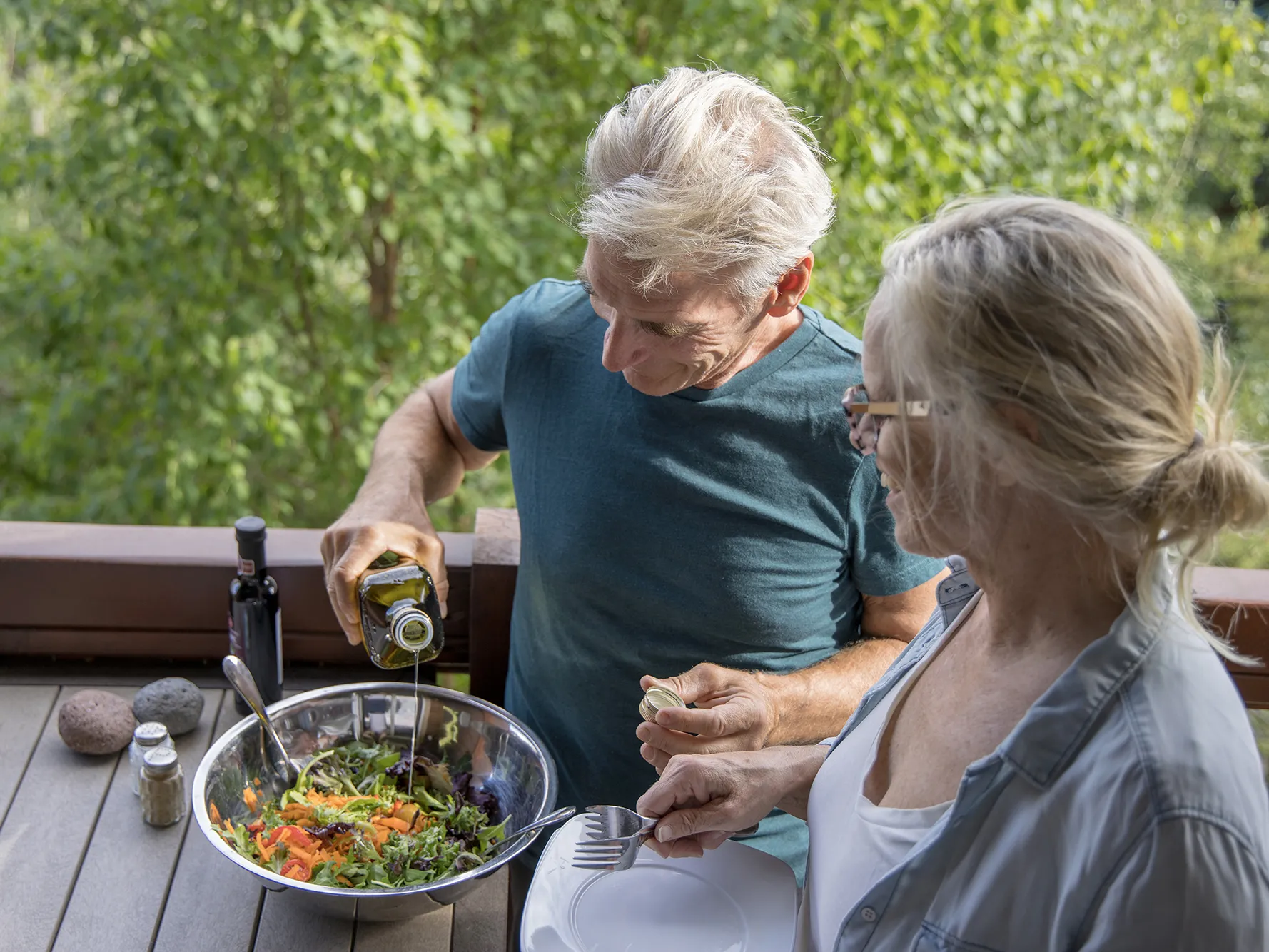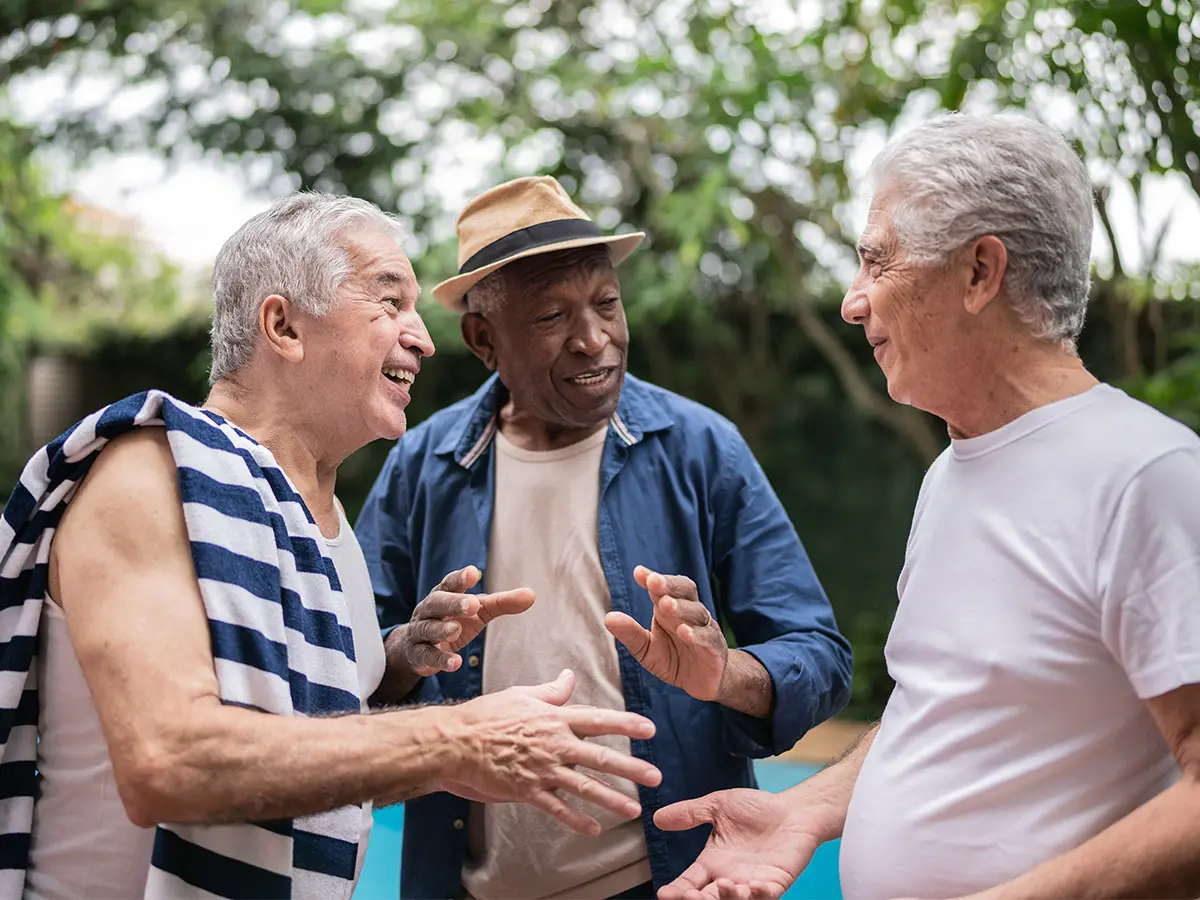8 tips to beat the stress of the holiday season
While this time of year is particularly joyful, it can also be particularly stressful. Here are some strategies that might help.

(Photo from Getty Images)
While often wonderful, the holiday season also ranks as the most stressful time of year, according to several studies. Between holiday chores, interrupted routines, fewer hours of daylight and more demands on our time, it’s no wonder many of us feel winded. Taking some time to prepare for holiday stress using these evidence-based tactics can help keep your holidays running smoothly and your spirit bright.
Take breaks
Take short five- to 10-minute rejuvenation breaks throughout the day to release stress so that it doesn’t build up. Try a short, mindful walk outdoors, a few minutes of deep breathing, a few yoga stretches or some quiet time reading a positive book. Identify a “safe space” — a spare room, a closet, a stairwell — where you can go to be alone, relax and recharge at work and at home. Even your car can be a calm place to sit and gather your thoughts or listen to an upbeat podcast.
Scale back
A recent American Psychiatric Association poll found that the top reason for holiday stress is worrying about affording gifts, followed closely by affording holiday meals and being able to find those perfect gifts. See where you can scale back. Setting a budget can help you feel less stressed about overspending. Talk to family about reasonable expectations, such as providing gifts only to the children instead of everyone. Give yourself permission to let go of perfectionism. When the holidays are over, what we cherish the most is the time we spent together.
Make a list, check it twice
Making lists can help you let go of anxiety that you’re going to forget something. If you’d like to up your list-making game, try bullet journaling, a great way to keep those daily events and to-dos in order and see what you’ve accomplished afterwards. A bullet journal (a blank book with dotted pages instead of lines) can be a nice gift for a friend or family member, too!
Take and give a daily dose of Vitamin G
Gratitude is one of the simplest evidence-based practices to reduce stress and improve mood. Start and end each day during the holiday season reflecting on people or things for which you are grateful. Give a daily dose of Vitamin G to let people you care about know that you are grateful for them and why; it will benefit both you and them.
Accept people you can’t change
Family gatherings can mean spending time with people who are real “character-builders” — in other words, people who rub us the wrong way. Life coach Martha Beck offers these words of wisdom: Give up on trying to change them. “Before you meet your relatives this season, take a few moments to sit quietly and acknowledge what you wish they were like. Then prepare to accept them even if they behave as they have always done in the past.” Not engaging in negative behavior with them will help you keep an even keel and enjoy yourself, despite annoyances. Also, Beck adds, they may surprise you with better behavior than you expected.
Preserve routines
At holiday times, events and traveling can wreak havoc on our daily routines. It’s important to make time for exercise, stress reduction and sleep, no matter where you are. Don’t be tempted to skip a scheduled health care provider or therapy visit because you’re too busy, and ask your provider if they can meet you online if you are going to be away. Set a timer to remind yourself to take medications so that you don’t forget them.
Accept your feelings
While the holidays can be a great time to gather loved ones, they can also bring pain when a loved one is no longer with us. Feelings of loss and grief can be normal at holiday times. Talking to a friend may help, as can taking a moment with others to celebrate and remember the person you lost. Give yourself permission to accept all of your emotions, and know that you are not alone. Many people feel grief during the holidays.
Take recovery time
Feeling a bit of anxiety about all of those coming parties and gatherings? Set aside recovery time on your calendar (or bullet journal) after energy-sapping events. You might need to say no to some invitations, and that’s OK — try not to feel guilty, as guilt about the past and worry about the future are wasted emotions that can deplete your energy. It’s important to take care of yourself first so that you can take care of others.




